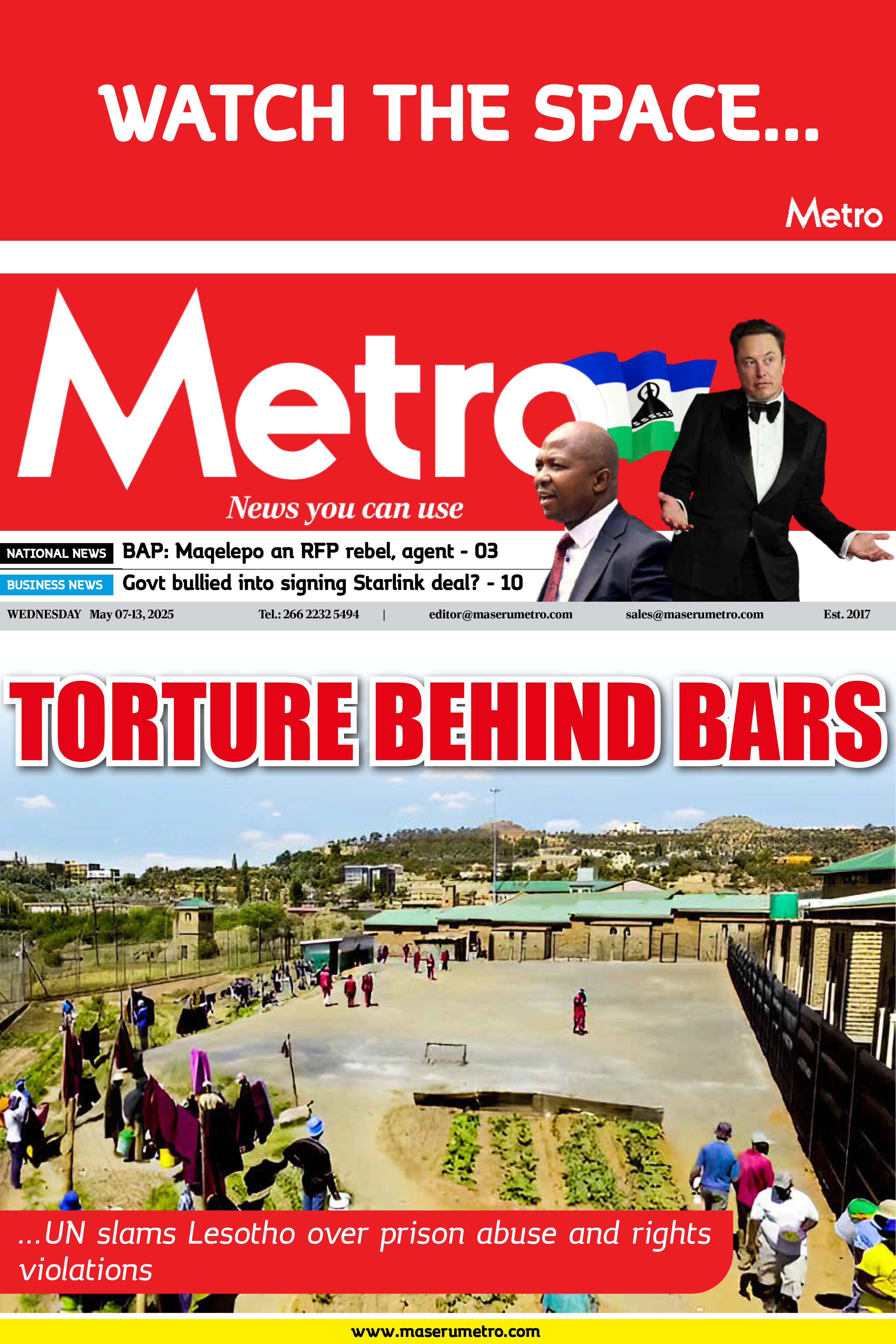LESOTHO is failing to train and equip its citizens with the latest technologies that its migrant mineworkers are continuously losing jobs in the South African mines, says Ex-Miners Association of Lesotho representative, Rantšo Mantsi.
business
June 3, 2022
NEO SENOKO
3 min read
Lesotho fails migrant mineworkers

Heavy duty vehicles at a gold mine in South Africa
Story highlights
He told Maseru Metro on Tuesday that employment prospects of Lesotho mineworkers deteriorated since the advent of democracy in South Africa, when a system of institutionalised racial oppression, apartheid, ended.
Compounded with the mechanised work environment, Mr Mantsi said Lesotho should have then prioritised skills development of its migrant mineworkers while also equipping them with the level of the necessary technology that is ever evolving.
“Lesotho has failed to deal with the situation since then,” he said. “The country has failed to allocate funding to train its people to be on par with the latest technologies in order for its labour force to remain in the market, at least in comparison with other neighboring countries.”
He said South African mining companies had since found new and cheaper ways of doing business that Lesotho should have kept up with the latest developments to avoid job losses in the mining sector.
For generations, Basotho have been migrating to the neighboring South Africa to work in the diamond, coal, gold and platinum mines, important sources of foreign income to Lesotho.
However, Lesotho could not see wood for the trees as one of its most important foreign currency constituencies shifted towards less labour intensive forms of mining, shedding the much needed Basotho jobs because they were ill-equipped.
Given higher production costs, global economic slowdown and the weakening South African rand, Lesotho migrant mineworkers are being sent back home in greater numbers.
“The loss of remittances from mineworkers has had a major impact on the economy of Lesotho,” said Mr Mantsi.
He argued that Lesotho should have been prepared for these socio-economic changes in the neighbouring country, where thousands of Basotho are employed but have been losing jobs for lack of foresight by their leaders.
“This has affected thousands of Basotho migrant mineworkers, whose families depend on their skills and experience,” he also said.
Booi Mohapi of the Catholic Commission for Justice and Peace said the fact that South Africans were now showing an interest in the mining sector was another reason why Basotho should have been more qualified to compete for the mining jobs.
Enjoy our daily newsletter from today
Access exclusive newsletters, along with previews of new media releases.
In the past, he said South Africans did not care much about working in the mines because there were lots of other jobs in that country.
“But now things have changed and they are taking over the mining industry,” Mr Mohapi said. “Another thing - continuous labour disputes, mining closures and retrenchments have put a lot of Basotho in the firing line.”
He said he was worried that the number of Basotho mineworkers employed in the South Africa mines could never recover – instead it would decline further.
“I suggest that the locals should instead shift focus and move to other countries such as Zambia and the Democratic Republic of Congo (DRC), which are making strides in the mining sector in recent years,” he said.
The lack of planning on the part of Lesotho authorities to support its migrant mining labour also means that the country is losing millions of maloti in remittances.
Coupled with a growing unemployment rate, it has accelerated levels of poverty and food insecurity for households that were once dependent on mineworkers.
Up to March, the Central Bank of Lesotho (CBL) said the number of migrant workers had continued to decline tremendously.






